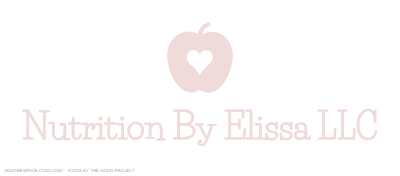About a week ago, my friends and I went for a gorgeous walk along the beach at sunrise. The ocean served as a placid backdrop to our lively conversation. The walk inspired us to think about what we liked to do for exercise. We lamented about how tired we were of seeing gym fitness and marathons touted as the cornerstones to good health. They reminded us of the onerous physical fitness tests we had to do in high school, from running a mile to getting as many sit-ups in one minute as you possibly could. Despite all of these tests, no one once told us: it's OK if this isn't for you.
Throughout high school and college, both of my friends tried dieting to lose weight, but they found it taxing and restricting with limited results. Over time, they discovered activities that were both physically and mentally satisfying. My other friend exclaimed that exercising in the morning always got her day on track, even if it's a quick 10 minute Peloton workout. Both of them are healthy and beautiful girls, and the best part is, they believe that too.
There is a fallacy perpetuated by dieting programs that we will finally be happy when we lose weight: “If I lose 30 pounds, I'll have my dream body,” or “If I workout every single day, I'll hit my target weight in no time.” But these promises are empty. Moreover, the media doesn't do anything to change this narrative when it equivocates impossible beauty standards with ultimate happiness. My friends believed these fallacies too, but one of the breakthroughs for them was to think less about unlikely outcomes and more about activities that made them feel good. My friends and I surmised, what if instead of thinking I'll be happy when… we change the conversation to what makes me feel good right now is.
Fortunately, non-diet approaches like Intuitive Eating (IE) and Health At Every Size (HAES) acknowledge the fallacies of one-size fits all health frameworks too. That’s why these approaches emphasize personalization, encouraging adherents to recognize what feels good to them. Their philosophies also transcend the idea that health is based on your body size. Instead, HAES and IE are holistic, incorporating all aspects of health like nourishment, joyful movement, body kindness, and emotional satisfaction.
Our conversation concluded with agreement that good health, both physical and emotional, starts with what feels personally right. And it's OK if you don't know what that thing is yet. For my friends, it took some trial and error to find out that dieting wasn't what made them happy. Behavior is more sustainable when we want something and it feels good to us, not when it resembles a punishment.
